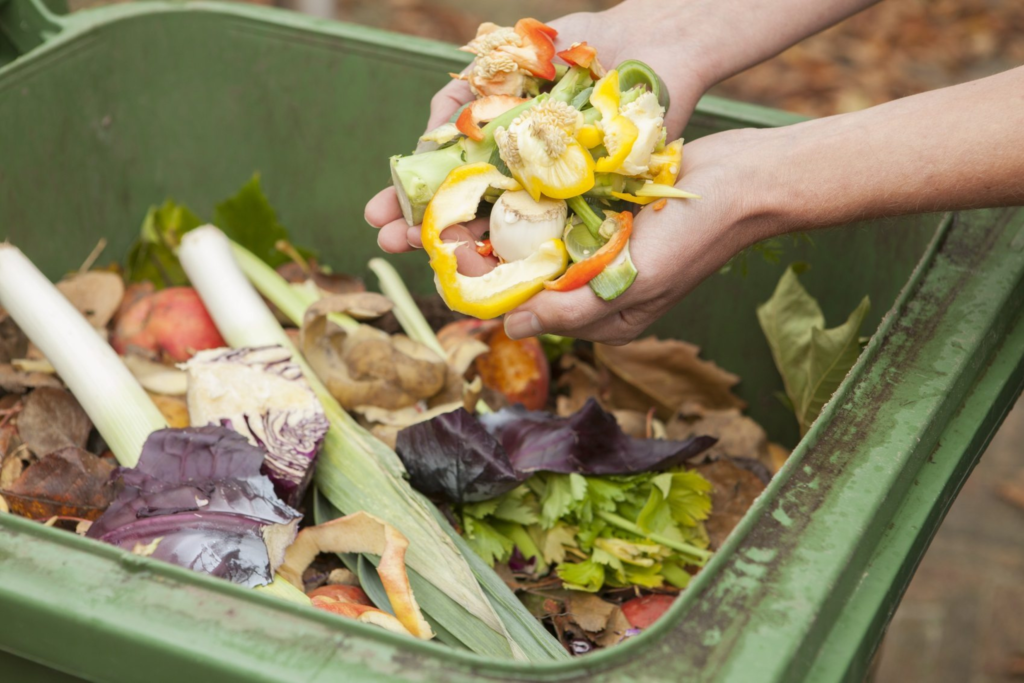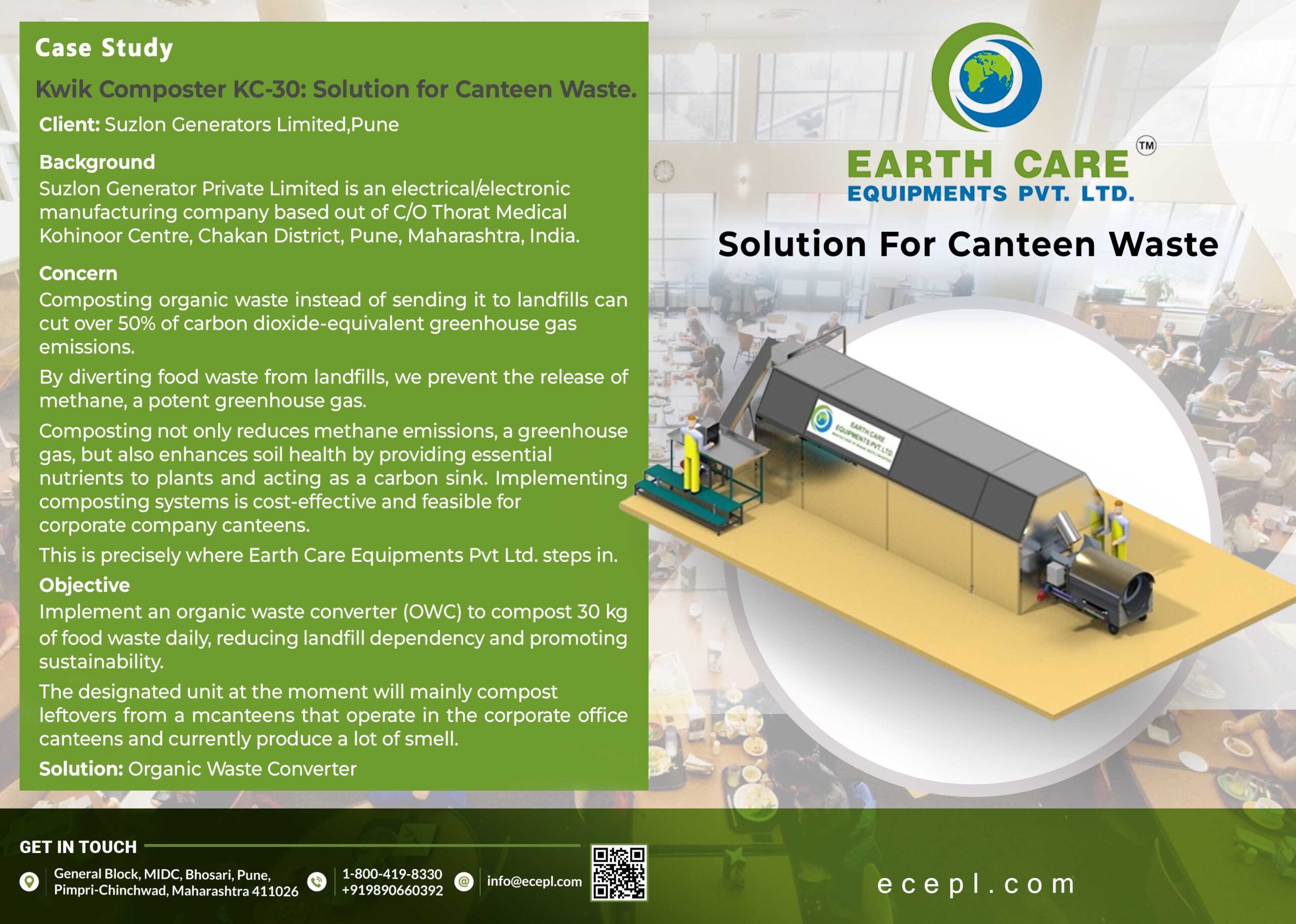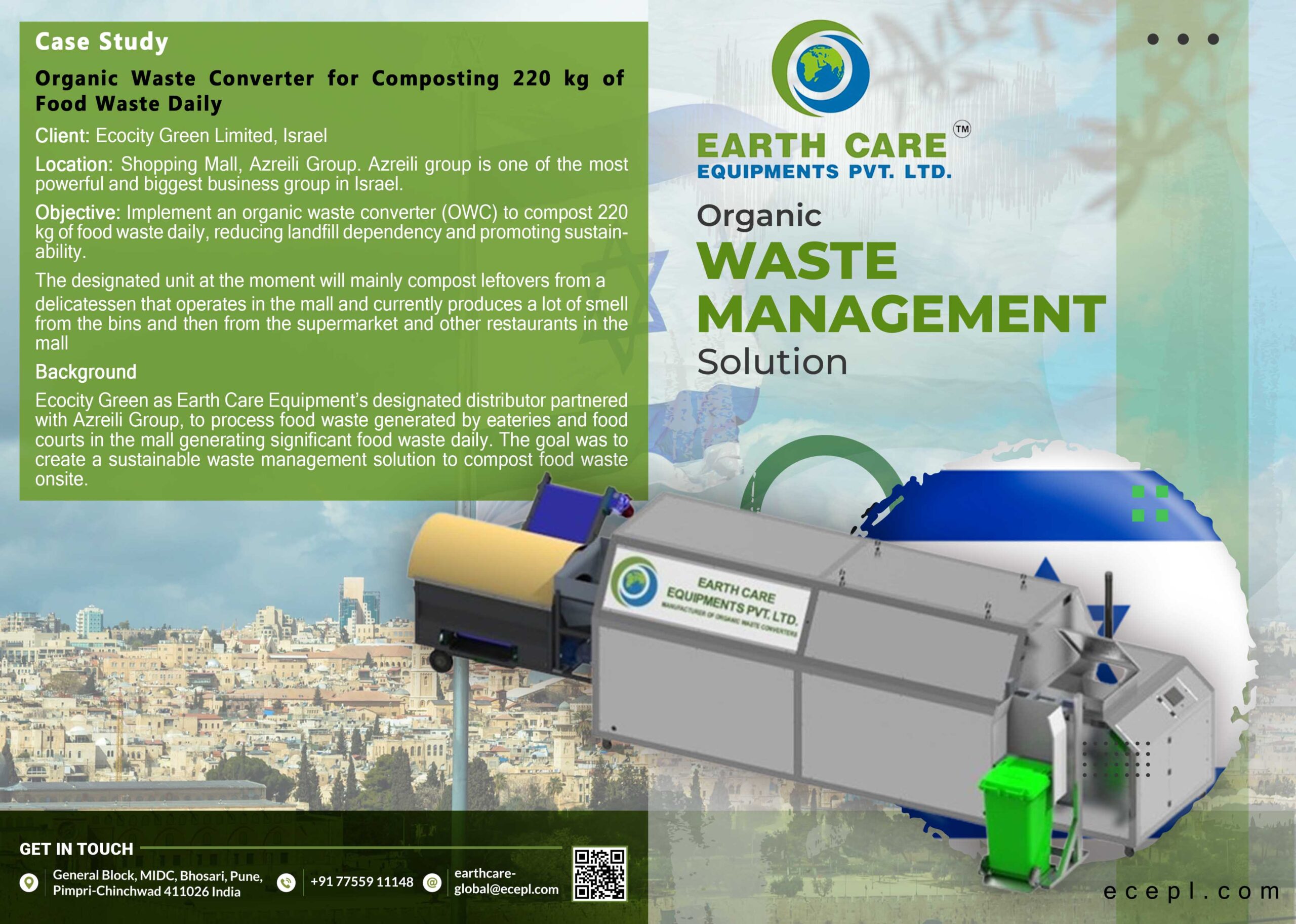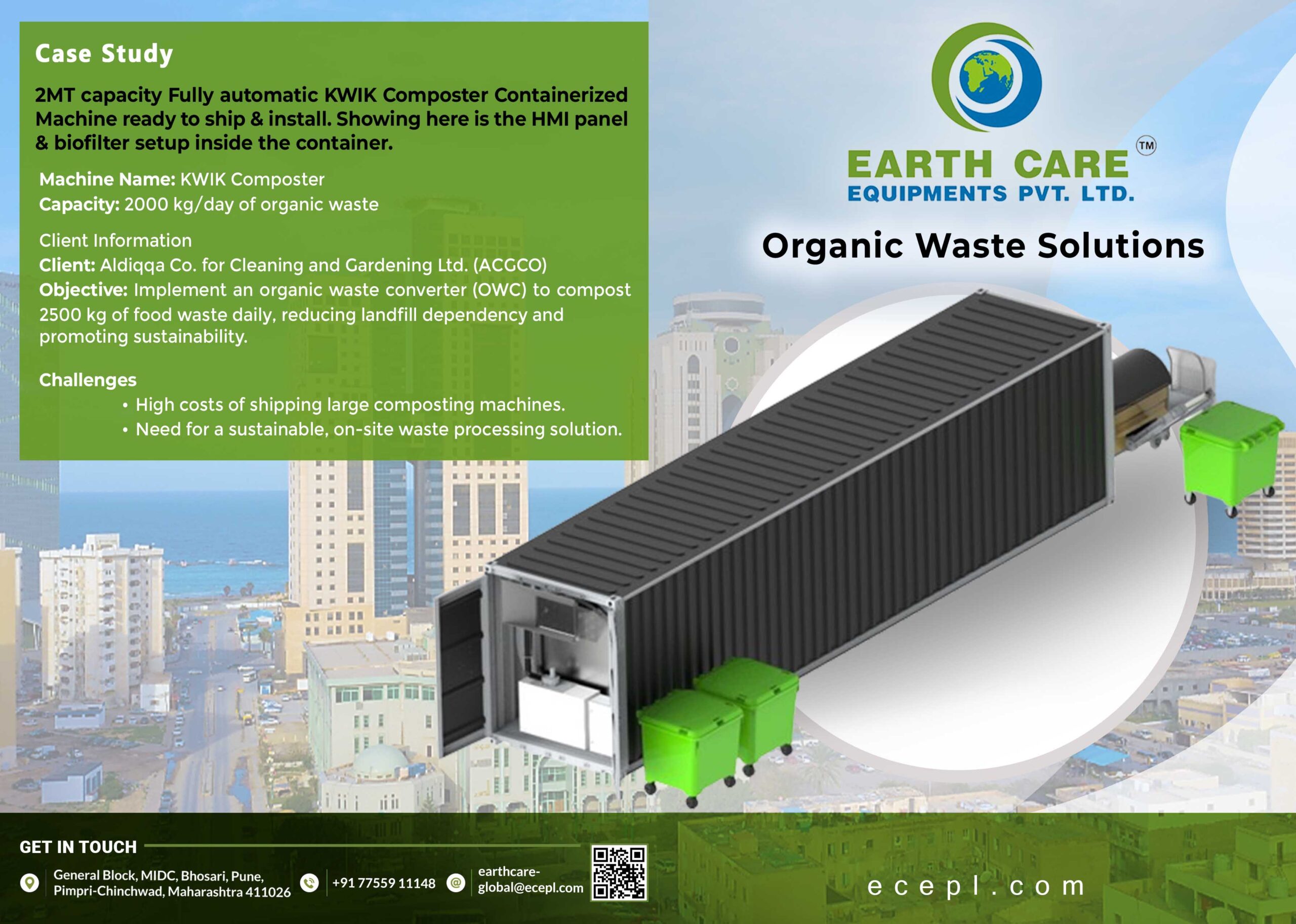
Kitchen waste management has become an increasingly pressing issue in today’s world, with the growing awareness of environmental sustainability. As more individuals and households seek ways to reduce their ecological footprint, the adoption of composting machines has gained traction as a potential solution. But are composting machines truly the answer to effectively managing kitchen waste?
Understanding Kitchen Waste
Before delving into the efficacy of composting machines, it’s essential to understand the nature and impact of kitchen waste. From vegetable peelings to leftover food scraps, kitchen waste encompasses a wide array of organic materials that, if not properly managed, can contribute to environmental degradation. The disposal of such waste often leads to methane emissions in landfills, exacerbating climate change and posing significant challenges for waste management authorities.
What Are Composting Machines?
Composting machines offer a decentralized approach to managing kitchen waste by converting organic matter into nutrient-rich compost. These machines utilize a combination of heat, moisture, and microbial activity to accelerate the decomposition process, resulting in the production of compost within a matter of weeks. Unlike traditional composting methods that require manual turning and monitoring, composting machines automate the process, making it more accessible to urban dwellers and households with limited space.
Advantages of Using Composting Machines
One of the primary advantages of composting machines is their ability to significantly reduce the volume of kitchen waste generated. By diverting organic matter from landfills, these machines help mitigate methane emissions and alleviate the burden on waste management infrastructure. Moreover, the compost produced serves as a valuable soil amendment, enriching the fertility of gardens and agricultural lands.
Comparison with Traditional Composting
Compared to traditional composting methods, composting machines offer several advantages in terms of efficiency and convenience. While both approaches yield high-quality compost, composting machines typically produce results more quickly and require less manual labor. However, traditional composting may be more cost-effective for individuals with ample outdoor space and a willingness to engage in hands-on composting practices.
Case Study: Earthcare Equipment
Earthcare Equipment stands out as a leading manufacturer of organic waste converter machines, offering innovative solutions for sustainable waste management. Their composting machines are designed to seamlessly integrate into various settings, from households to commercial establishments. With features such as automated mixing and odor control, Earthcare Equipment’s products exemplify the potential of composting technology to revolutionize waste management practices.
Effectiveness in Managing Kitchen Waste
Testimonials from users of Earthcare Equipment’s composting machines attest to their effectiveness in managing kitchen waste. By diverting organic matter from landfills and producing nutrient-rich compost, these machines contribute to a more circular economy and promote sustainable living practices. Moreover, the scalability of Earthcare Equipment’s solutions makes them suitable for a wide range of applications, from individual households to large-scale food service establishments.
Sustainability and Environmental Impact
In addition to reducing greenhouse gas emissions, composting machines play a crucial role in enriching soil health and preserving biodiversity. The compost produced serves as a natural fertilizer, enhancing the productivity of agricultural lands and promoting regenerative farming practices. By closing the loop on organic waste management, composting machines contribute to a more sustainable and resilient food system.
Integration with Sustainable Practices
The adoption of composting machines aligns with broader efforts to promote sustainability and environmental stewardship. Many communities and organizations are implementing initiatives to encourage composting and provide support for waste diversion programs. By incorporating composting into their waste management strategies, businesses and institutions can demonstrate their commitment to reducing their environmental footprint and fostering a more circular economy.
Future Trends and Innovations
Looking ahead, the future of composting machines holds promise for continued innovation and improvement. Advancements in technology, such as enhanced monitoring systems and automation capabilities, are expected to further streamline the composting process and increase efficiency. Moreover, ongoing research into alternative feedstocks and composting techniques may expand the applicability of composting machines and address current limitations.
Summary
In conclusion, composting machines offer a viable solution to the challenge of managing kitchen waste in an environmentally sustainable manner. By converting organic matter into valuable compost, these machines help reduce greenhouse gas emissions, enrich soil health, and promote circular economy principles. With the support of innovative companies like Earthcare Equipment, composting machines are poised to play a central role in shaping the future of waste management and sustainability.




